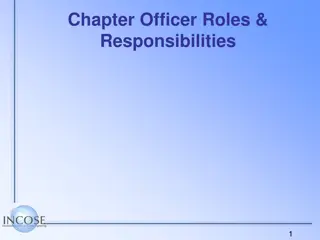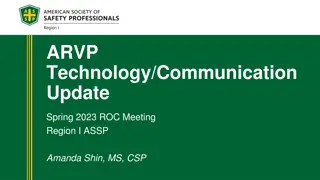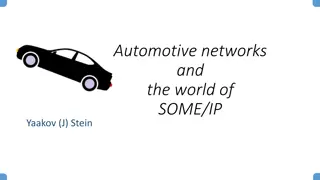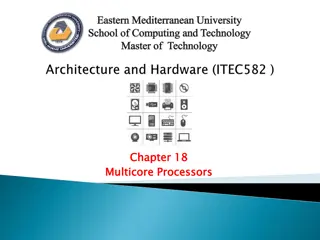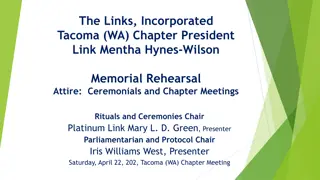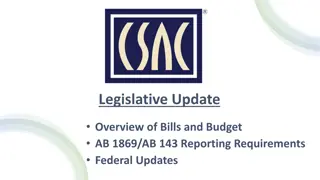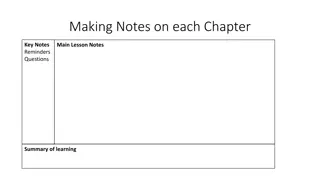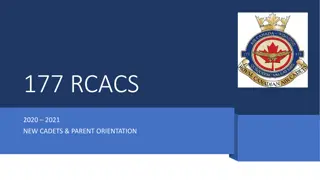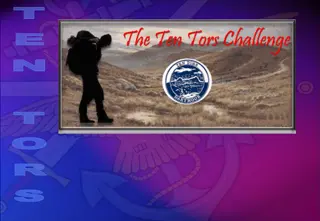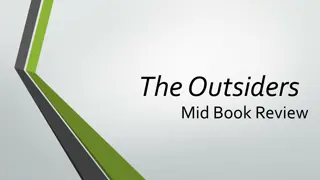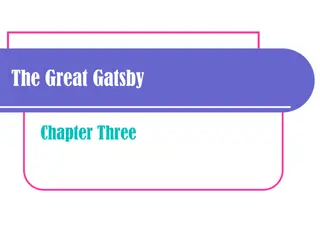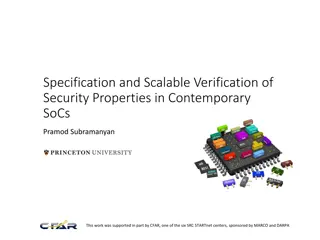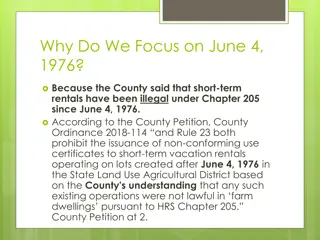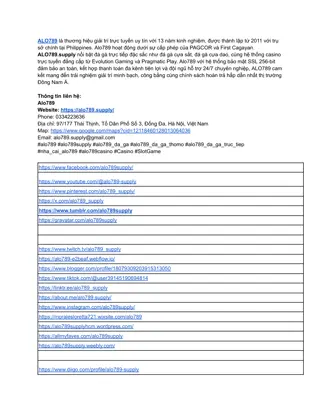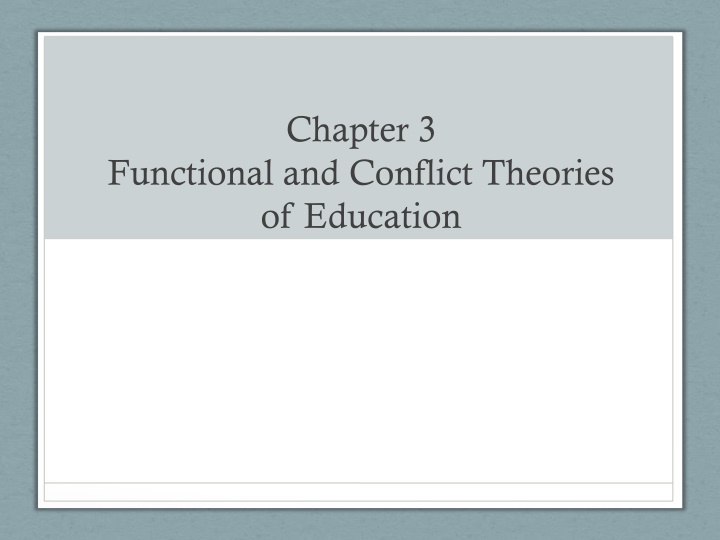
Theories of Education: Functional vs. Conflict Perspectives
Explore the Functional vs. Conflict Theories of Education, analyzing how society's needs shape behavior and rewards. Critique the impact of education on productivity and professionalization of occupations, while delving into social mobility factors and status group characteristics. Understand education as a mark of membership and status groups as defined by culture and identity.
Download Presentation

Please find below an Image/Link to download the presentation.
The content on the website is provided AS IS for your information and personal use only. It may not be sold, licensed, or shared on other websites without obtaining consent from the author. If you encounter any issues during the download, it is possible that the publisher has removed the file from their server.
You are allowed to download the files provided on this website for personal or commercial use, subject to the condition that they are used lawfully. All files are the property of their respective owners.
The content on the website is provided AS IS for your information and personal use only. It may not be sold, licensed, or shared on other websites without obtaining consent from the author.
E N D
Presentation Transcript
Chapter 3 Functional and Conflict Theories of Education
Functionalist Theory Process of stratification: Occupational structure demands for specific performance training/education fills demands Needs of society determine behavior rewards individuals
Critique Acquisition of new skills occur w/in job categories Ed level changed in excess More/better education not necessarily more productive
Critique: Professionalization of Occupations Ed quality little effect on productivity Set ed requirement (licensing laws) tactic to raise prestige/autonomy Reality learning retained only in small part Ed goals achieved with a minimum of learning
Social Mobility** Education Occupational Success Social Origins major intervening variable Independent of educational credentials
Social Mobility Variables Race/ethnicity Class Skin color Name Accent Style of dress Manners Conversational ability
Business (tech industry) Elite Upper and middle class White Male Straight Prestigious universities **Ascribed group prime basis for selection
Education** Mark of membership in a particular group not skills or achievement
Conflict Theory Status groups** associated groups sharing common cultures/sub-cultures: share a sense of status equality based on participation in common culture ** a fundamental senses of identity: others can not participate comfortably
Status Group Characteristics Style of language Taste of clothing/decor Manners Conversational topics Opinions Values Preferences in sports, media, arts
**Exclusion Normatively legitimated exclusion based on: Class lifestyle Power position Cultural conditions; geography, ethnicity, religion, education
Struggle for Advantage Elite select new members from their status group i.e. fits in Lower level employees who are indoctrinated to respect superiority Struggle; wealth, power, prestige
**Education as a Status Culture Main activity is to teach status culture: vocabulary, inflection, dress, aesthetic tastes, values and manners (i.e. create and process products that reflect the culture of the institution)
Education:** Mechanism of Occupational Placement Screening device: Elite socialized to the dominant culture Employees attitude of respect **Schools produce distinctive personality types
Empirical Support Distinctions among status groups; class and ethnicity Status groups occupy different occupational positions i.e. Wall Street Ivy League w/distinctive personality type upper class values/manners

